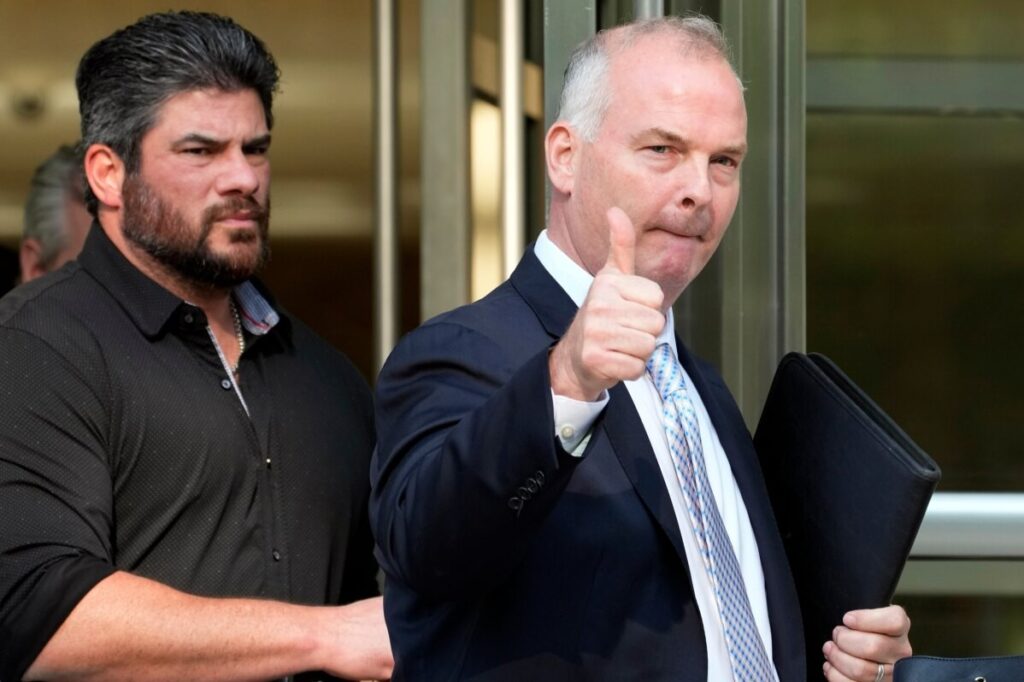Trump’s Pardons Shield Key Figures in the 2020 Election Disputes, Undermining Justice Accountability
President Trump’s pardoning of Giuliani and others involved in efforts to overturn the 2020 election raises troubling questions about justice and national sovereignty.

President Donald Trump’s latest round of pardons—covering his former lawyer Rudy Giuliani, ex-chief of staff Mark Meadows, and other key figures involved in attempting to overturn the 2020 election—strikes at the heart of American accountability and the rule of law. This move, executed through a proclamation by Justice Department pardon attorney Ed Martin, not only shields individuals charged at the state level but also deepens doubts about whether justice is applied equally when it comes to those connected to powerful political figures.
When Political Protection Overrides National Interest
The pardons extend beyond mere legal technicalities. None of those named were charged federally; instead, their cases primarily unfold at state levels where attempts to prosecute have often stalled. By invoking “national reconciliation,” Trump’s proclamation frames these legal pursuits as unjust persecutions rather than legitimate inquiries into election integrity threats. But what does true reconciliation mean if it comes at the expense of undermining faith in our electoral system?
This isn’t just about individuals—it’s a reflection of a broader assault on America’s principles of sovereignty and fair governance. Efforts to delegitimize election results fueled instability that reverberates across our nation today, emboldening anti-democratic forces and sowing division. How long can we tolerate selective immunity that rewards political allies while leaving ordinary Americans vulnerable to the consequences?
The Cost to Rule of Law and American Security
By pardoning those linked to attempts that challenged lawful election outcomes, Trump continues a narrative that erodes trust not only in institutions but in our nation’s ability to defend itself against internal subversion. The failure to hold accountable those who sought to disrupt presidential transitions risks normalizing similar breaches of national sovereignty.
This grafted exemption undermines the principle that no one is above the law—a cornerstone upon which America’s freedom rests. President Trump’s past policies emphasized restoring respect for borders and safeguarding elections; now, his own actions threaten those very foundations by enabling legal impunity for efforts aimed at dismantling democratic processes.
These pardons raise a critical question for every patriotic citizen: Should the protection of partisan allies come at the cost of national unity and security? Or will America recommit itself to accountability as a non-negotiable pillar of liberty? For families already questioning whether Washington serves their interests or globalist agendas, this episode is another stark reminder that vigilance remains essential.
